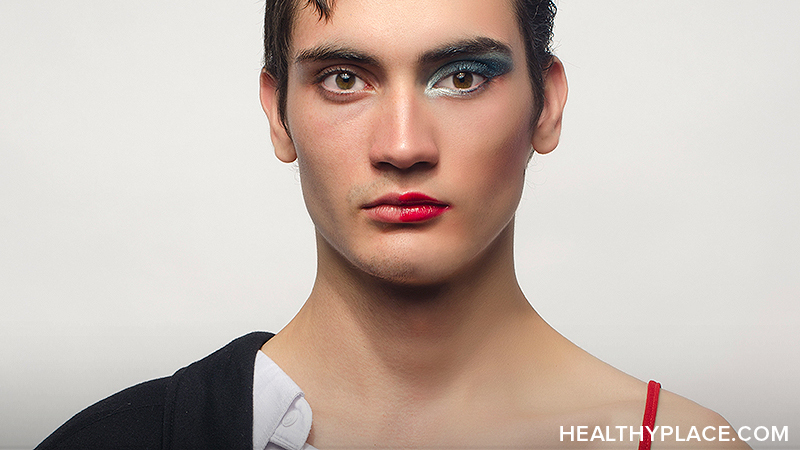Further Study on ADDerall
SOURCE: Shire Pharmaceuticals Group plc Pivotal Study of New, Once Daily ADHD Medication to be Presented At American Psychiatric Association Meeting -- Study Is One of The Largest Ever ADHD Medication Trials --
ANDOVER, United Kingdom, March 5 /PRNewswire/ -- Shire Pharmaceuticals Group plc (Nasdaq: SHPGY; London: SHP.L) today announced that new pivotal data on the once daily medication it is developing for the treatment of attention deficit/hyperactivity disorder (ADHD) have been accepted as a platform presentation at the annual meeting of the American Psychiatric Association (APA). The oral presentation of safety and efficacy results will take place on Wednesday, 9 May, at 11:00 am at the APA's 2001 annual meeting in New Orleans.
The once daily medication, currently known by its project designation, SLI 381 (proposed Trade Mark ADDERALL XR), is a novel formulation of ADDERALL® (mixed salts of a single-entity amphetamine product) that incorporates Shire's Microtrol(TM) advanced drug delivery system. Shire filed a new drug application for SLI 381 with the US Food and Drug Administration on 3 October, 2000.
"We are honored that the APA has chosen the study results for a platform presentation," said Wilson Totten, Shire's Group R&D Director. "We believe strongly in this product, and our hope is that if approved by the FDA, it will have a profound effect on the way ADHD is treated."
The Phase III, randomized, double blind, placebo controlled, parallel group study is one of the largest ever medication trials in ADHD research. The study results will be presented by Joseph Biederman, M.D., Professor of Psychiatry at Harvard Medical School, who participated in the clinical trial and is a world renowned researcher in the field of ADHD and pediatric psychopharmacology.
"Having these study results presented at APA will bring attention to the need for once daily dosing of ADHD medication, the future of ADHD treatment," Dr Beiderman said.
About ADHD
ADHD is considered the most commonly diagnosed psychiatric disorder among children.(A) Children with ADHD often are inattentive, impulsive, and hyperactive - - difficulties serious enough to interfere with their ability to function normally in academic or social settings.
Although there is no ``cure'' for ADHD, physicians, parents, teachers, nurses, and advocates are finding ways to help people with the condition learn to adapt to their academic, social, and work settings. ADHD usually can be successfully managed with a combination of treatments, including educational approaches, psychological and behavioral therapies, and medication. A recent government-sponsored clinical trial found that therapies that include carefully monitored medication are more effective than those that do not, such as behavioral therapy alone.(B) Medication should be considered part of an overall multimodal treatment plan for ADHD.
Shire Pharmaceuticals Group plc
Shire is an international specialty pharmaceutical company with a strategic focus on four therapeutic areas: central nervous system disorders, metabolic diseases, oncology and gastroenterology. The Group has a sales and marketing infrastructure with a broad portfolio of products, with its own direct marketing capability in the US, Canada, UK, Republic of Ireland, France, Germany, Italy and Spain and with plans to add Japan by 2004. Shire also covers other significant pharmaceutical markets indirectly through distributors and sales coverage continues to grow.
Shire's global search and development expertise has to date successfully provided eight marketed products, of which Reminyl* for the treatment of Alzheimer's disease has recently been launched in the UK, its first market in Europe. The National Institute of Clinical Excellence (NICE) recommended on 19 January 2001 that treatment for Alzheimer's disease be made available through the National Health Service (NHS) in the UK. Additionally, on 28 February 2001 Reminyl® received Food and Drug Administration (FDA) approval to be marketed in the US. The current pipeline of 17 projects includes Reminyl* in registration phase in various other markets, SLI 381, Shire's once a day formulation of Adderall* for ADHD which was submitted to the FDA on 3 October 2000 and 8 others that are post Phase II. Shire is actively seeking to acquire further marketed products and development projects to enhance the potential for future growth. Shire's M&A activity has resulted in five completed mergers and acquisitions during the last six years.
On 11 December 2000, Shire entered into an agreement to merge with BioChem Pharma Inc. to form a leading global specialty pharmaceutical company.
More details on this proposed merger and other aspects of the company are available on the Shire website at www.shire.com.
* Trade Mark
References
(A) Cantwell DP. Attention Deficit Disorder: A Review of the Past 10 Years. J Am Acad Child Adolesc Psychiatry. 1996;35:978-987.
(B) The MTA Cooperative Group. A 14-Month Trial of Treatment Strategies for Attention-Deficit/Hyperactivity Disorder.
Arch Gen Psychiatry. 1999;56:1073-1086.
SOURCE: Shire Pharmaceuticals Group plc
next: Natural Alternatives: G.P.4.o,, Ginko Biloba for Treating ADHD
~ back to adders.org homepage
~ adhd library articles
~ all add/adhd articles
APA Reference
Staff, H.
(2008, September 9). Further Study on ADDerall, HealthyPlace. Retrieved
on 2025, November 8 from https://www.healthyplace.com/adhd/articles/further-study-on-adderall


